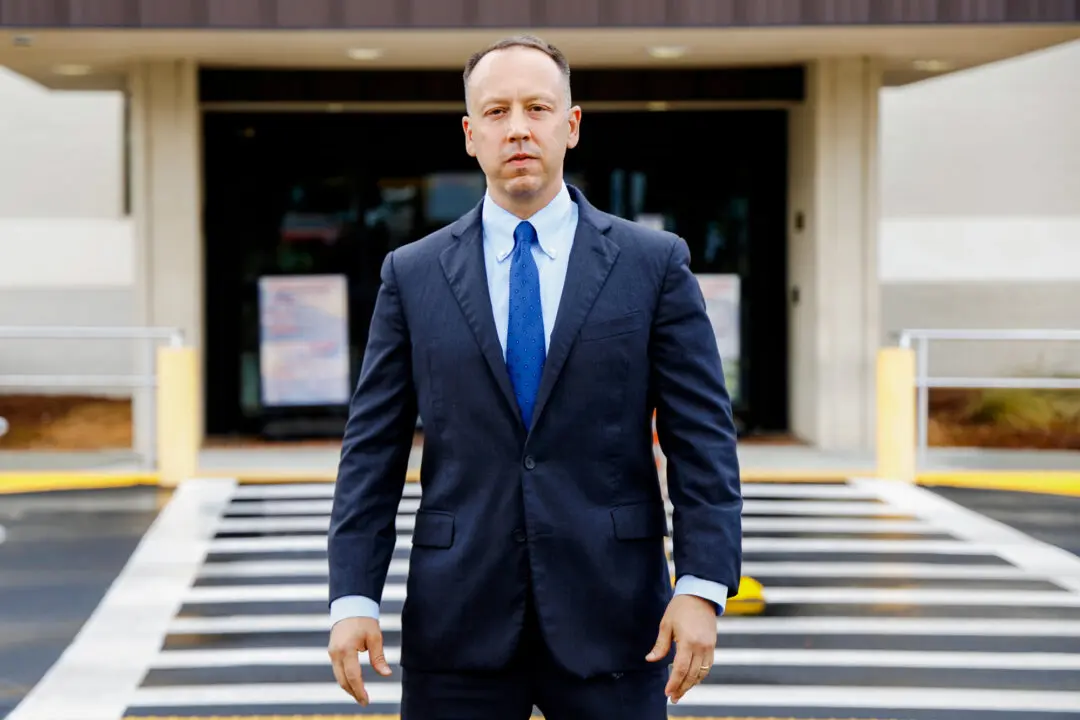Florida legislators voted Feb. 10 to extend a law making it difficult to sue health care providers for issues related to COVID-19. The bill now heads to the desk of Gov. Ron DeSantis in what looks likely to be its last step in becoming a law.
Florida is one of 29 states across the country to enact laws shielding medical professionals from liability related to COVID-19. All 50 state governors were urged to put the protections in place by the federal government shortly after the pandemic began nearly two years ago, according to the American Medical Association (AMA).
The Florida bill would extend the expiration date of Florida Statute 768.381 through June 1, 2023. Under that legislation, health care providers still can face lawsuits. But to prevail, plaintiffs have to prove “that the health care provider was grossly negligent or engaged in intentional misconduct.”
And that makes it practically impossible to sue medical providers, which can lower the standard of care, attorneys concerned about the measure told The Epoch Times.
Republican lawmakers, who control the Legislature, said the measure protects Floridians by helping to keep needed health care facilities in business, by protecting them from unfair and expensive claims. The original law, which passed last year, was set to expire in March.
Now, Florida Gov. Ron Desantis, a Republican, can decide the bill’s fate. And that may be a difficult choice.





